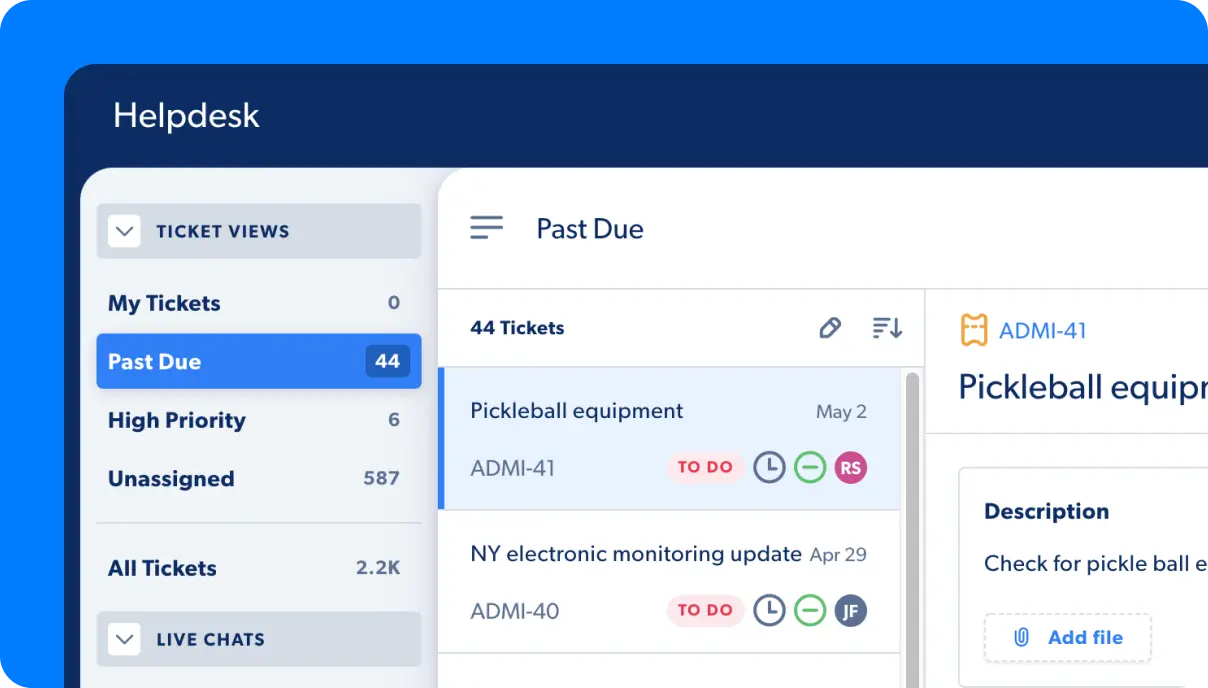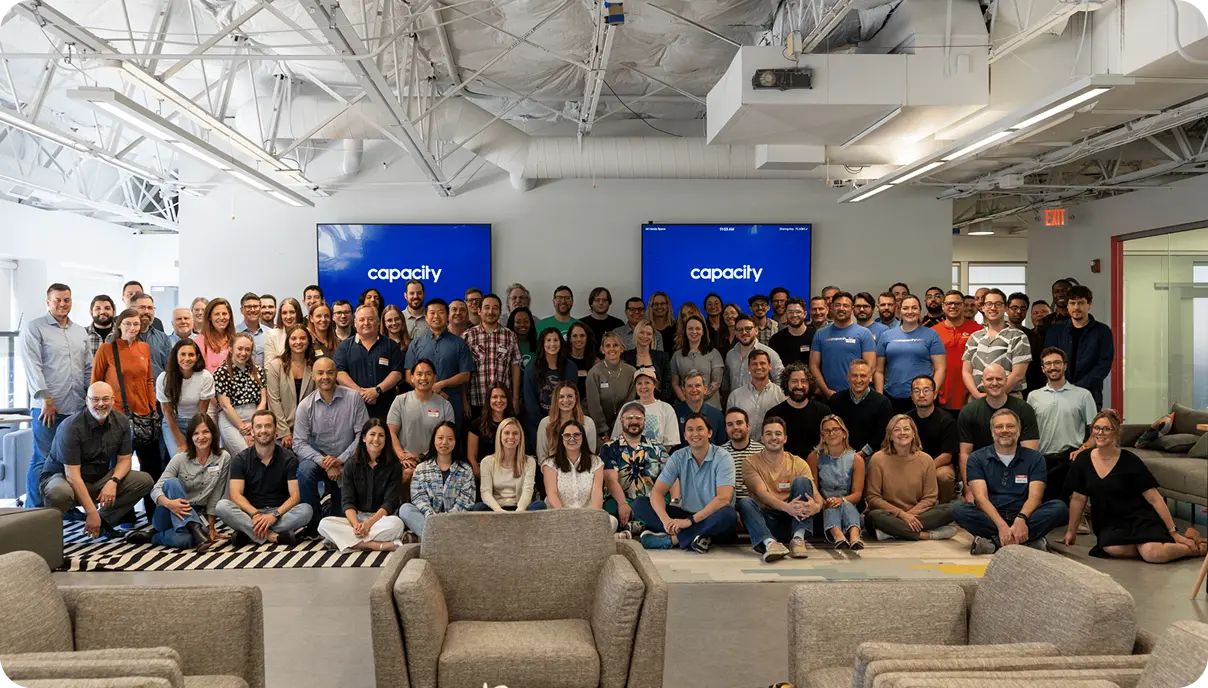Most organizations have some sort of knowledge base. It may be a Wiki, a database, or both. These are the systems employees use when looking for information. What happens if employees can’t find what they need? Do they try a different system or walk down the hall to ask another employee? These questions wouldn’t be necessary with an enterprise search solution.
An enterprise search refers to software that searches all available sources of information within an organization for data that satisfies the search criteria. The software searches all available resources for the requested content and delivers the results through a single user interface. If artificial intelligence (AI) is part of the software, the search engine can learn what resources are the most useful. It can also auto-complete search requests.
As more companies are looking at remote work environments, access to information becomes more critical. Employees are no longer in proximity to each other, nor do they have access to hard-copy documents on somebody’s desk. Searching multiple sources for information is not as simple when the request is coming from across town. That’s why an enterprise search solution is essential for a remote workforce.
Connectivity.
It’s one thing to run multiple searches from a desk in an office building; it’s another to conduct those searches from home. Not every remote employee will have access to high-speed internet. How long will it take to download a series of search results and then the specific documents? What if that happens multiple times per search because employees have to check the knowledge base and the intranet? If they need to locate a file, employees have to hunt through files and folders for the document.
Without a way to search the files, employees may have to download multiple documents to find the right one. As remote access increases, so do the demand for system resources. It’s possible that the existing infrastructure cannot support the data-heavy requests from outside the local network.
With an enterprise search solution, employees only need to enter one set of search criteria. The software will search the knowledge base, files, and other resources to deliver a complete inventory of possible results. A brief summary of the contents is included, giving employees a better idea of which resources are applicable. Less demand on system resources means better performance in responding to user requests.
Security.
Deploying more remote devices increases the chances of a security incident. Securing access inside a company’s network is one thing; protecting corporate assets from remote locations is another, especially when the business is not in control of the device. Unless IT resources are sent to each remote office, there’s no way to ensure that antivirus software is running or that a router or firewall is properly configured.
That’s why having an enterprise search solution with strong permissions control is essential in a remote work environment. Applying the same permissions to remote requests that are applied when in the office ensures that the same level of security is maintained. No organization wants the wrong individuals accessing sensitive corporate information.
Employee experience.
As the future of work moves to include a remote workforce, businesses need to think about the employee experience. If employees cannot find the information they need when they need it, they become frustrated. When an employee has to search multiple systems for information, they lose patience. If the remote connection to the internal knowledge base is unreliable, the situation is only exacerbated.
Enterprise search improves experiences for remote employees. They do not have to spend hours searching for information. When they have a question about insurance coverage or sick time, employees can search for the answers quickly, making for a more positive experience.
Productivity.
An enterprise search solution improves productivity. When employees need information or have questions, they often walk down the hall to someone’s office. It’s usually one of the fastest ways to find answers or information. If no one’s available, employees may search online resources, if available. When employees work remotely, there’s no one down the hall to talk to. Accessing hard-copy data is impossible. All employees have is a network connection to whatever online resources are available. With enterprise search software, remote employees can make requests and receive answers in minutes. Some solutions can direct employees to an internal expert for information.
Without enterprise-wide search capabilities, employees will have to spend hours looking for information in the intranet, directories, databases, emails, etc. They may resort to messaging or calling a co-worker for help. At that point, the productivity of two employees is impacted because the information was not readily available.
Onboarding.
Not all enterprise search solutions deliver the same results. Some solutions provide AI-powered capabilities that allow the software to learn the most useful resources for specific queries. They can chat with employees to help refine search criteria.
Those capabilities can support onboarding in a remote work environment. In-person training may not be possible. Companies may rely on video-based training. But what happens when the new hire needs to confirm something learned in training? With enterprise search, the trainee asks the system for information. It’s fast, convenient, and delivers in the flow of work. Employees experience fewer interruptions, which can help maintain their productivity.
The Importance of enterprise search.
Remote employees need access to information. It may be instructions on how to use version control software or the latest sales forecasts. Whatever it is, remote employees’ ability to quickly find what they need is vital to maintaining productivity. Fewer interruptions enable employees to focus on their tasks and to provide a positive work experience.










































